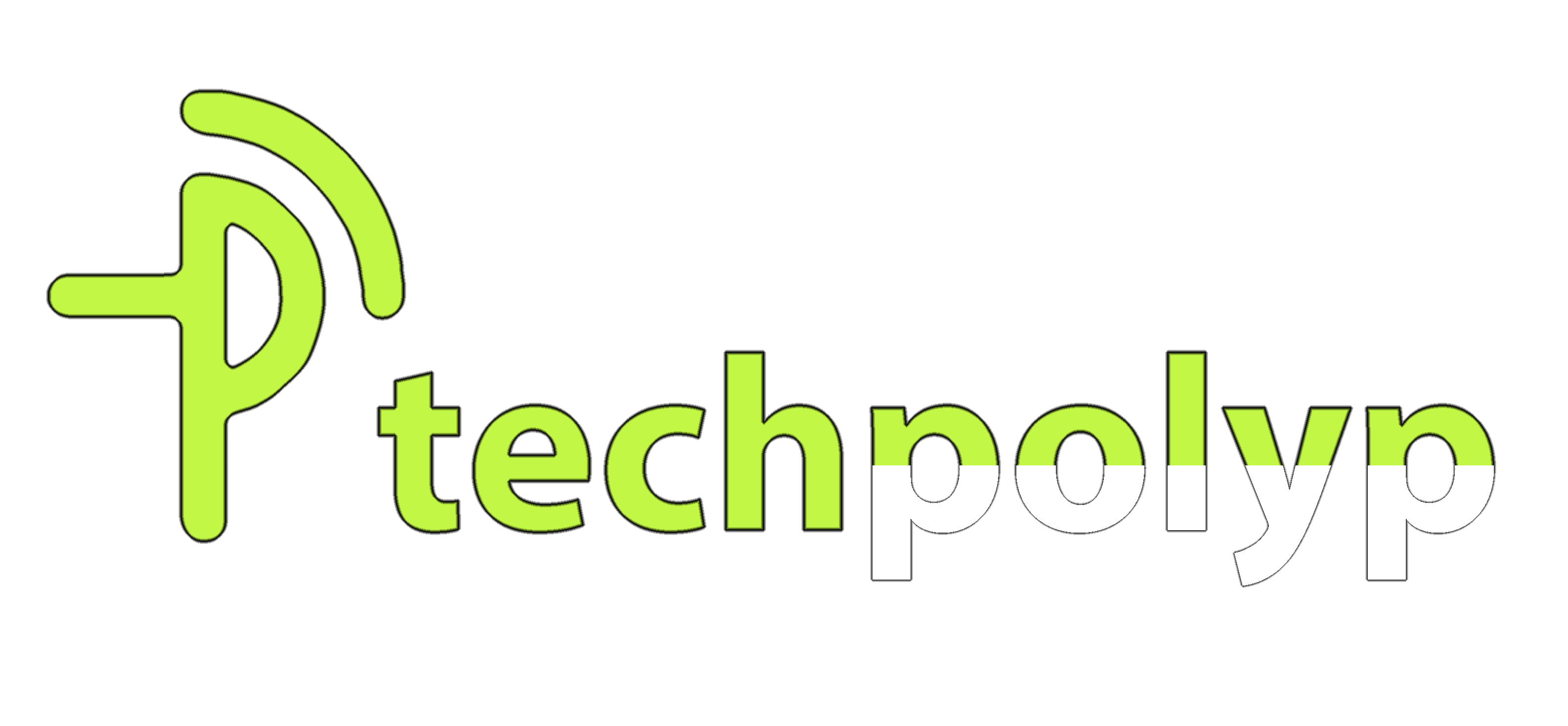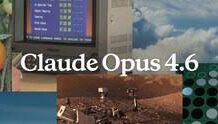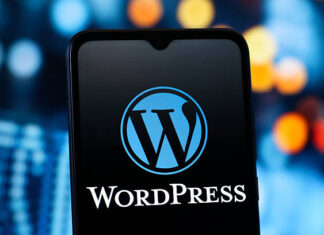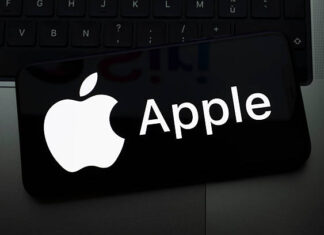When you purchase through links on our site, we may earn an affiliate commission. This doesn’t affect our editorial independence.
Cloud computing company CoreWeave, which is backed by Nvidia, has undergone a significant change to its initial public offering (IPO) by both reducing the number of shares available and their price. This unprecedented step has raised concerns in investors’ minds that, in the long run, AI-focused companies will not be capable of outperforming their competitors in the market. Accordingly, the company has now set the prices for 7.5 million shares at $40 each, which is way below the previously anticipated prices. Particularly, this reshaped policy stands out as a 23.5% decrease in the planned IPO amount.
The company’s executives made the decision when, on the one hand, the AI technology sector was gaining much attention and, on the other hand, it was subject to increasing scrutiny. Although CoreWeave is well known as a major player in AI infrastructure, the company’s dependence on a small number of essential partners, such as its most preferred partner, Microsoft, has been a risky strategy, according to some investors. Last year, Microsoft contributed a whopping 62% to the total revenue of CoreWeave, which caused the company’s shares to be oversold, and the main concern was the company’s reliance on a single customer for its financial well-being.
The recent financial surge of the artificial intelligence (AI) sector has attracted a lot of investors, whereas CoreWeave’s changing the number of shares it wants to offer through the IPO tells a different story about the investors’ sentiment. They are paying heightened attention to the precisely forecasted turn in the strategy that the AI innovators will use to make their businesses prosper, especially in an industry where the success of these companies is directly related to the multilayered cooperation with reliable and diversified clients.
The company’s position emphasising its strong bond with Nvidia is of paramount advantage due to the fact that it has been given exclusive rights to employ thousands of high-performance graphics processing units (GPUs) that are the main instruments used in AI learning as well as in data processing. On the other hand, although the exclusive relationship between the company and the technology provider would bring some advantages, at the same time, it presents certain risks related to supply disruptions and price fluctuations.
Other concerns arise about CoreWeave’s capital-intensive model. It follows that the company has purchased an incredible number of GPUs produced by Nvidia – around 250,000 units. As a result, CoreWeave is among the very best environmentally friendly data centres, where they offer a high-processing unit (HPC) solution in the form of a virtualised desktop interface, even as paradoxical energy-saving and resource efficiency have been created. Carrying such a massive amount of debt in relation to the total output means their credit rating is a lower grade and drops the value of their corporate debt securities. The press and financial analysts have been publishing reports on how CoreWeave is looking at an $8 billion debt.
Market analysts think that CoreWeave’s IPO result can act as a telltale sign of the extent of faithfulness, with the wider bulk of shareholders towards AI-related businesses. The case is that, even with the company still freezing and semiconductors appropriate to the era of 7 nm microchips, its ability to convince a large number of the population may point to the fact that traders are unsure of the profits in the cloud-based AI market. The industry has been rising due to the ongoing entry of several entities that are scrambling for a piece of the ever-growing AI infrastructure industry. However, the financial stability of such enterprises is still under question, especially with the pace of change happening and the dynamics of competition in the sector.
The reduction in the size of the IP CoreWeave’s IPO also is indicative of the change of the institutional investor’s attitude. Instead of blindly grabbing every AI-related chance, investors are, in the main, seen focusing on the higher possibility of sustainable money-making and environmentally friendly practices. With financial market performance affected by the increases in interest rates and uncertainties in the economy, companies that are in need of huge capital outlay to scale up their operations are now facing stringent checks. Stick to the statement provided for this correction. Yes, it is, in fact, among the answers that are correct. Right now, it is difficult for CoreWeave to make a decision because it has to keep up with high-cost infrastructure and crucial customers, which are not many. The very company now finds itself as the central issue in this debate considering the heavy financial obligations it had committed.
Still, CoreWeave stands a chance to show off its fortitude. Actually, the company has already become the flagship of cloud-based AI computing, a sector that is predicted to register impressive growth in the coming years. As businesses gradually embed AI technology in their daily operations, there will be more need for stronger computing solutions, which will lead to CoreWeave’s unmatched success. The one thing CoreWeave does with this market development is to decide whether its directed public offer will be only a temporary sickness or a sign of profound structural problems.
While Nvidia’s backing promises a guaranteed stability component, CoreWeave now should deliver and proof it can work independently and expand the customer base with differentials. The AI market is bursting so quickly that to be successful in the long-term endeavor, you need more than just the provision of the latest technology. Good financial management, strategic partnerships, and the capacity to accelerate productivity will be the major factors in deciding the destiny of the firm.
CoreWeave’s IPO result is a cornerstone of the guide for other AI-based startups to go public as the industry matures. If, in a worst-case scenario, despite Nvidia’s consent, the shares are still under a moderate price, it will be a wake-up call for other companies in the same domain to rethink their financial strategies. Venture capitalists, who have been competing among themselves for first place by investing billions in AI startups over the last few years, will be closely watching how the public market reacts to CoreWeave’s valuation.
The countdown to the IPO date is nearly over, with the main focus on investor sentiment. If CoreWeave wins the bumpy sea of the market, fashioning perceptions of AI businesses may be one of the results of that. Nevertheless, if the offer is under the expected level, it might signal that a more comprehensive cooling-off period is looming over the AI sector, and companies will have to explore alternative routes to public markets. Prospective days will bring answers to these questions: whether AI-oriented businesses will maintain their high pace and vigour or experience a setback due to a market as a technical correction will occur.
